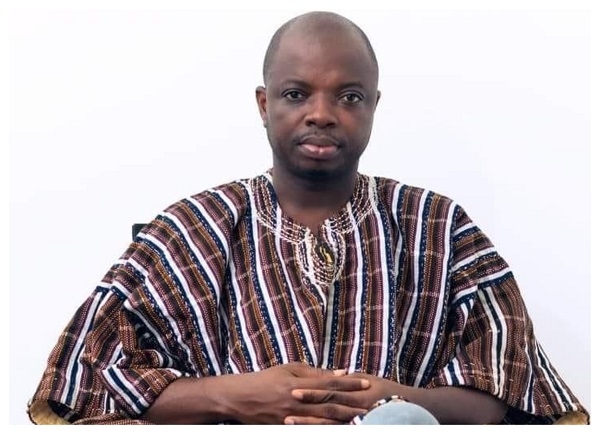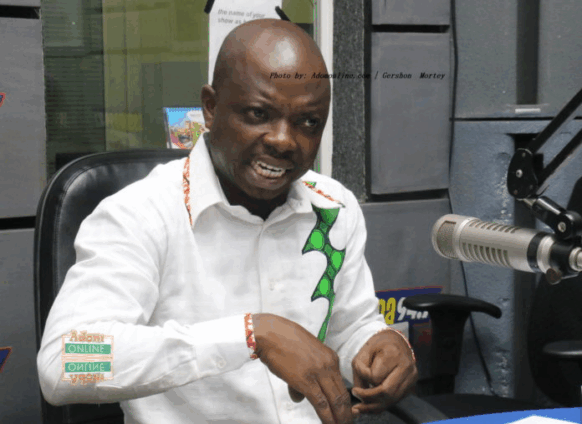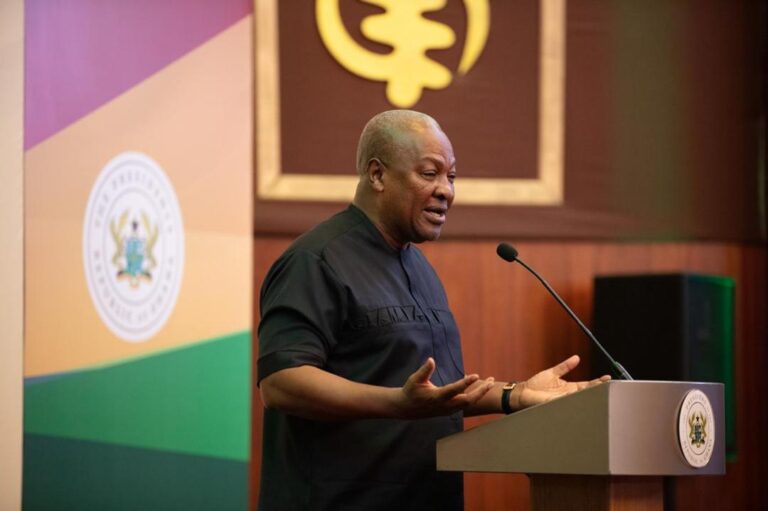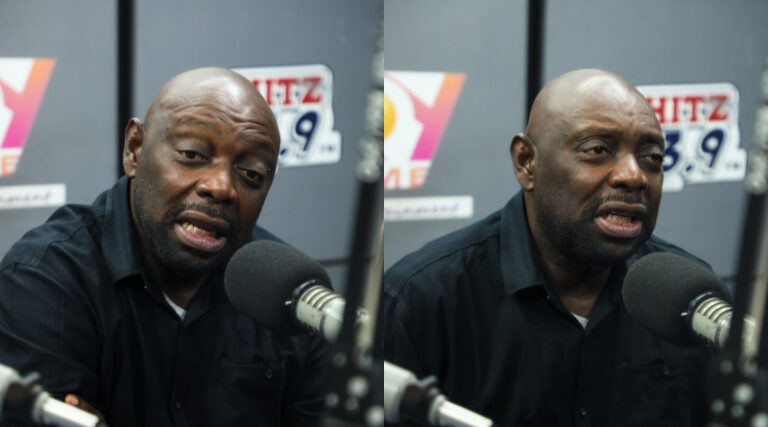The Bono Regional Chairman of the New Patriotic Party (NPP), Kwame Baffoe, popularly known as Abronye, has been remanded into prison custody by the Accra Circuit Court.
He appeared before the court today on charges of offensive conduct conducive to the breach of public peace and publication of false news. The complainant in the case is the Ghana Police Service. The court has adjourned the matter to September 19, when Abronye is expected to reappear.

In a statement released on Monday, September 8, the Ghana Police Service confirmed Abronye’s arrest last week, which was followed by his detention pending today’s hearing. While the Police did not provide full details of the allegations, the case has drawn significant public interest given the politician’s outspoken nature.
Abronye has long been a controversial figure in Ghanaian politics. Recently, he made headlines after filing for asylum in eight countries—the United States, United Kingdom, France, Italy, Canada, Spain, Germany, and Côte d’Ivoire—claiming political persecution and threats to his life.

As part of ongoing investigations, Police officers also conducted a search of the residence of former NPP Youth Organiser, Moses Abor, on Sunday. However, Abronye was not found there at the time of the search.
The outspoken NPP official remains in custody as the case proceeds. His remand underscores the Police Service’s commitment to addressing what it describes as behavior capable of disrupting public peace and spreading misinformation.
The case will continue on September 19, when the court will determine the next steps in the legal proceedings.
Legal experts have noted that Abronye’s case could set an important precedent in how Ghana’s courts handle politically charged offenses involving speech and publication.
With the increasing role of social and traditional media in shaping public opinion, the judiciary is under pressure to strike a balance between safeguarding free expression and curbing statements that could endanger public peace. Meanwhile, reactions among citizens remain mixed.
While some argue that his remand sends a strong message about accountability, others believe it raises concerns about the potential misuse of legal tools to silence outspoken political figures.




